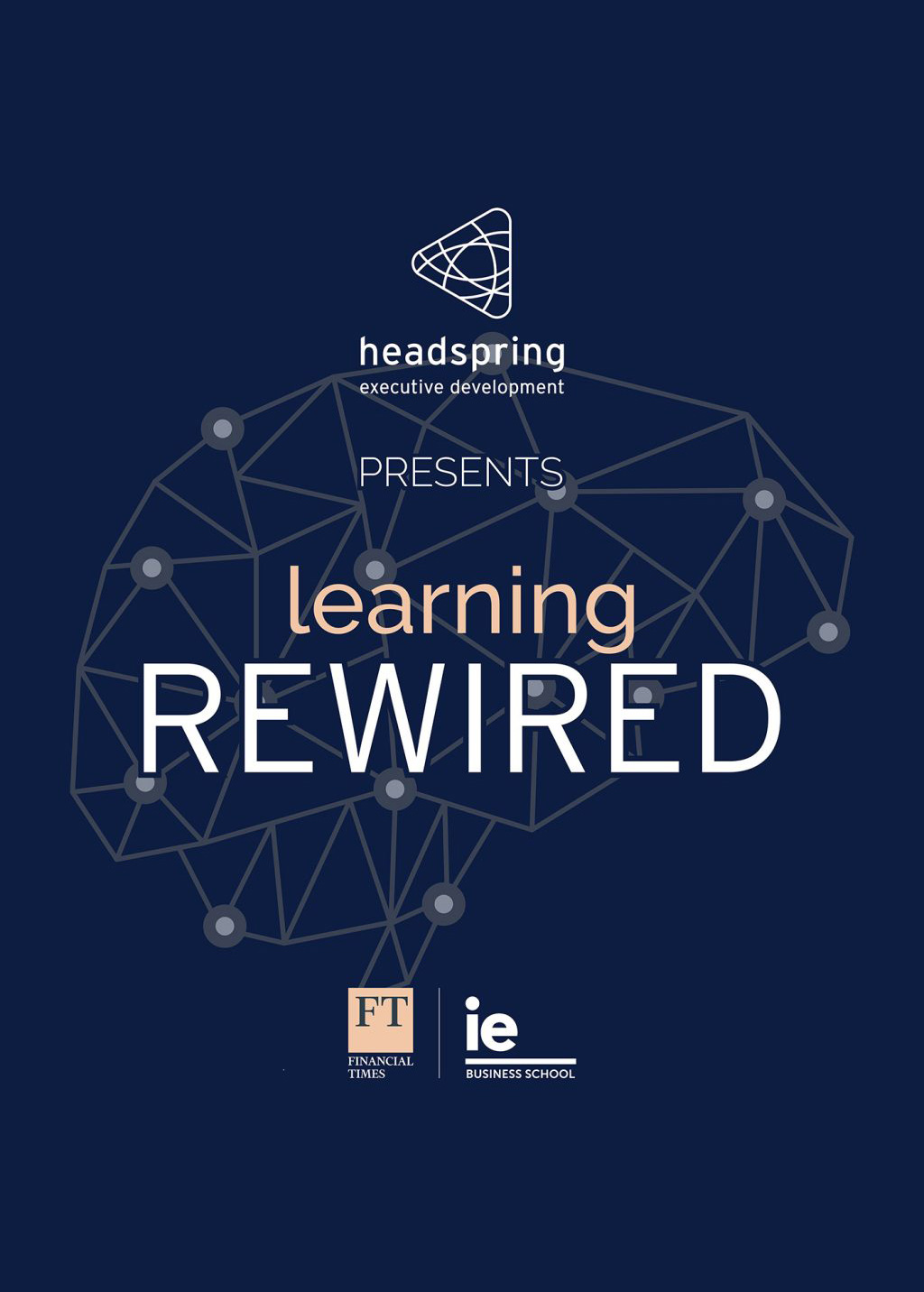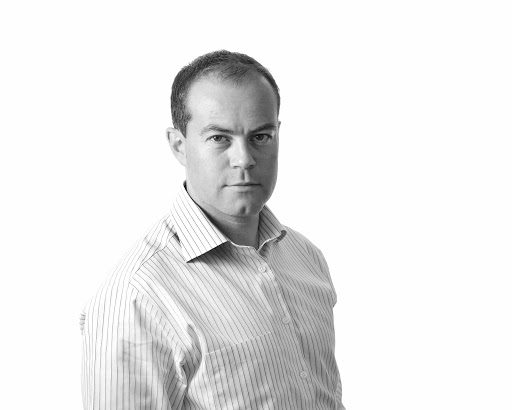EMBRACING THE ZEITGEIST OF INCLUSION
Diversity & Inclusion have been important but not urgent. However, we live in a period in history when social movements suggest organisational change.

#13 Embracing the Zeitgeist of Inclusion
Diversity and Inclusion have been “important but not urgent” issues for some time. In this episode, Stephen Frost joins us for a fascinating conversation exploring whether we are living in a pivotal period in history when the momentum of social movements finally accelerates organisational change. Stephen explains why ignoring inclusion is a business-limiting mindset, and shares his practical views on:
- How HR and L&D need to be reconfigured for organisational impact.
- The right questions to ask when measuring inclusion.

Stephen Frost
Stephen Frost is the founder of Frost Included and a globally recognized leading expert on diversity, inclusion, and leadership. Stephen works closely with company decision-makers, helping their organisations to understand anti-racism and the power of diversity, and creating a profound inclusive impact.
Frost was a Hertford College Scholar at Oxford, and a Fulbright Scholar at Harvard. He worked at KPMG as Head of Diversity and Inclusion. And, was the head of Diversity and Inclusion for the London Organising Committee (LOCOG) where he and his team implemented the inclusion programmes for the London Olympic and Paralympic Games achieving unprecedented workforce inclusion and pioneering new methods in procurement, achieving substantial cost savings and sourcing new innovative suppliers and ideas for the Games.
Frost contribution to the industry is widely acknowledged, and he was elected recipient of the Peter Robertson Award for Equality and Diversity Champions, named a Young Global Leader by the World Economic Forum and recently voted one of the top 100 influential LGBT people in the UK.
Frost has joined TED’s illustrious influencers with insightful presentations such as “Who you should hire, fire & promote” and is a published author with multiple books in the industry such as: The Inclusion Imperative: How Real Inclusion Creates Better Business and Builds Better Societies , Inclusive Talent Management: How Business Can Thrive in an Age of Diversity and Building an Inclusive Organization: Leveraging the Power of Your Diverse Workforce .
Stephen currently teaches Inclusive Leadership at Harvard Business School, Singapore Management University and Sciences Po. He serves as an Advisor to the British Government, and KPMG’s Diversity and Inclusion Programme.
Learn more about Stephen FrostIn this Episode...
Are organisations being pressed, internally or externally, for diversity and inclusion? None of the drivers are necessarily mutually exclusive. It’s not like there's only an internal staff pressure, a consumer pressure, a legislative pressure, reputational pressure. It's probably the compound effect of all of these drivers. What's going to move organisations really along the maturity curve on diversity and inclusion is a combination of these things. But ultimately, different people gonna be influenced by different things.
Is there anything that stands out now, that makes diversity and inclusion more important than ever? It doesn't matter how brilliant somebody is, they're not brilliant enough to compute all the variables and information required to make a good decision. So the only real option, which is seldom appreciated enough by people, is to actually surround yourself with as many different perspectives as you can possibly handle, who are more likely to check your blind spots, more likely to calibrate your thinking, more likely to help you make good decisions that you're incapable of doing on your own. And machine learning and AI alone won't do it, because they're influenced by the same people who think like you.
What are good techniques of measuring inclusion that provide a representation of the feeling in the organisation? I think it’s useful if you take a view as to the kind of diagnostic questions you want to ask to get at those specific behaviors that are contributing to, or detract from inclusion. So rather than say, I'm proud to work for x, if you say, how often are you interrupted in the meeting? How often are your ideas attributed to somebody else? Or, how safe is it to disagree with your boss without fear of retribution?
If you ask much more specific diagnostic questions you’ll get the behaviors we want to look at. You actually get into knowing measuring inclusion and who's included, but also what you can do to better include them.
The most asked Questions of the Industry
We leveraged our expertise and partnered with renowned thought leaders to bring you their views and experience in a unique collection of answers to the most asked questions of the industry.